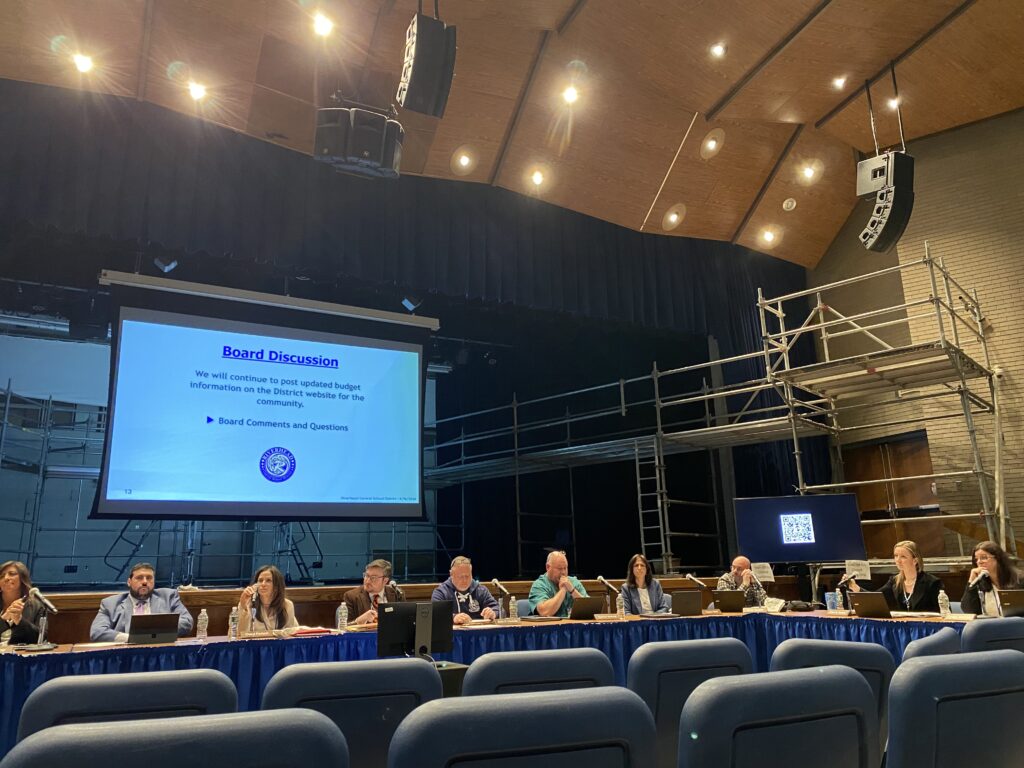Editorial: This struggle will also be waged in our town

On April 12, 1963, Dr. Martin Luther King Jr. and others were arrested in Birmingham, Ala., on charges that their peaceful demonstration against police brutality and segregation violated a judge’s order to stay off the streets.
In his jail cell, Dr. King read a local newspaper account in which eight white clergy denounced him and the protests underway in that city. In response, Dr. King began writing, first in the margins of the newspaper, then on scraps of paper and finally on a legal pad given to him by his attorney.
Surely, at the time, Dr. King did not think what he was writing would become an iconic expression of what the civil rights movement was facing. When it was published, he called his work “Letter from a Birmingham Jail.”
Five months later, on Sept. 15, 1963, four Ku Klux Klan members planted dynamite in Birmingham’s 16th Street Baptist Church. The resulting explosion killed four young black girls. None of the murderers were put on trial for another 14 years.
Reading “Letter from a Birmingham Jail” today, we are struck that so many things he pointed out in 1963 remain with us today. The wheel of history has turned in the past 57 years, yes, but it has not brought about anywhere near the kind of fundamental change that Dr. King, sitting in his tiny cell armed only with paper and pen, hoped would occur.
Last November, Newsday published an extraordinary series called “Long Island Divided,” presenting massive evidence of redlining and unequal treatment of minority home buyers by real estate agents that persists to this day. The Long Island suburbs — and their school districts — look the way they do because of widespread redlining practices that began in the early 1950s with Levittown and became part of the very fiber of the region.
There are dark hours in every generation. But today feels very different from the nation’s many previous crises, as the huge protests continue in the aftermath of George Floyd’s murder by a Minneapolis police officer. Our country’s well-being is at stake. It is time to peacefully take sides, to get off the sidelines. This is no time for spectators.
Police and government officials across America — including Republican Sen. Mitt Romney of Utah — have marched with the protesters. Sen. Romney even uttered the words “black lives matter” when he was interviewed.
These protesters are falling to one knee not out of contempt for the country and its ideals, but rather in complete support of them. They want them applied equally.
Very few great things in American history have been accomplished without struggle. Slavery existed here for 246 years and it was brought to an end only after four years of civil war and more than 700,000 deaths. By comparison, if you date the start of our democracy to 1789 and the ratification of the Constitution, we are only 231 years old.
William Faulkner said, “The past is never dead. It’s not even past.” The past remains with us. We are not going to escape it and cannot pretend it’s not shadowing us. The more we learn about our past, the sooner we can find our way to the future.
Find a copy of “Letter from a Birmingham Jail.” Here is some of what Dr. King wrote, in longhand:
“… I am in Birmingham because injustice is here. Just as the prophets of the eighth century B.C. left their villages and carried their ‘thus saith the Lord’ far beyond the boundaries of their home towns, and just as the Apostle Paul left his village of Tarsus and carried the gospel of Jesus Christ to the far corners of the Greco Roman world, so am I compelled to carry the gospel of freedom beyond my own home town.
“Moreover, I am cognizant of the interrelatedness of all communities and states. I cannot sit idly by in Atlanta and not be concerned about what happens in Birmingham. Injustice anywhere is a threat to justice everywhere. We are caught in an inescapable network of mutuality, tied in a single garment of destiny.
“Whatever affects one directly, affects all indirectly.”
This is America’s struggle now. It will be waged — and won — in cities and small towns. Including our own.








